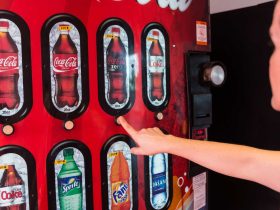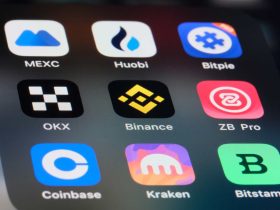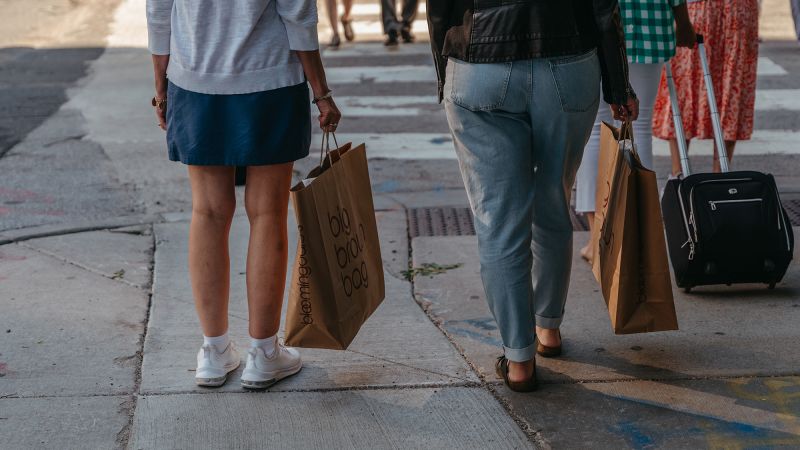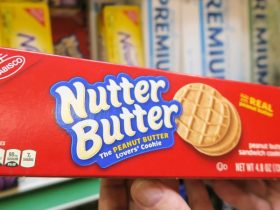Editor’s Note: A version of this story appeared in CNN Business’ Nightcap newsletter. To get it in your inbox, sign up for free, here.
There’s a conundrum that economists and political strategists have been chewing on for more than a year: The economy is good, but Americans say it’s lousy.
Despite all kinds of positive news on inflation (it’s slowing), the job market (best in a generation) and consumer spending (still robust!), Americans can’t seem to shake their despair, at least whenever they answer calls from pollsters.
In a CNN poll released Tuesday night, 72% of all Americans say things in the country today are going badly, and 66% said the economy will be “extremely important” when deciding who to vote for next year.
But just 2% of voters say the economy is excellent, according to a separate New York Times-Siena College poll released earlier this week. That could be a big problem for Democrats trying to peddle Bidenomics. (although Democrats put up a pretty strong showing in Tuesday’s elections.)
But there’s a conundrum within the conundrum, which is that, despite what Americans say, they are not behaving like a people particularly worried about the economy.
Folks don’t tend to shell out thousands on Taylor Swift tickets and steak dinners and vacations when they’re worried about where their next paycheck is coming from. But that is exactly what we the people have been doing, month after month, even in the face of higher borrowing rates.
Consumer spending, the biggest engine of the US economy, powered US gross domestic product to grow at a stunning annualized rate of nearly 5% last quarter — more than double the quarter before that.
Of course, to pay for it all, Americans are dipping into some dangerous places — something you don’t typically do unless 1) you’re desperate, or 2) the labor market is booming and you feel like your job is secure.
Although many fall into the first bucket, plenty are spending like drunken sailors because they know they can. That’s why Americans are pulling money from their 401(k)s at an alarming rate to pay the bills.
Meanwhile, Americans are piling up record credit card debt and falling behind on those payments. Balances overall have hit a fresh high of $1.08 trillion.
This turducken of conflicting sentiments isn’t some obscure academic problem for economists. It’s also a political puzzle that could shape the 2024 presidential race.
So, what gives?
According to the Fed chair Jay Powell, “people hate inflation.”
Which is true, but it’s squishy. People don’t really give a hoot about inflation when it’s a barely perceptible 2% or even 3.7%. They care about prices, which are not falling.
Your morning cup of coffee still costs 60 cents more than it did before the pandemic, and there’s no incentive for Starbucks (or wherever) to bring prices down now that they know you’re willing to pay for it. That’s business, and it’s something neither Democrats nor Republicans can change. (And let the record show that selling addictive stimulants at an outrageous markup is a very solid business plan.)
Paying more for coffee is no fun, of course, but there are deeper issues that appear to be feeding our collective malaise.
Not least: Housing — the thing Americans are told from birth is the key to building wealth — hasn’t been this expensive since 1984, thanks to a double whammy of high prices and high mortgage rates. It now takes nearly 41% of the median household’s monthly income to cover the principal and interest payment on a median-priced home.
For young people living paycheck to paycheck, the dream of homeownership (and the financial security that comes with it) feels frustratingly out of reach. And that’s a psychological wound that may take a lot more than monetary policy to fix.
Read the full article here













Leave a Reply